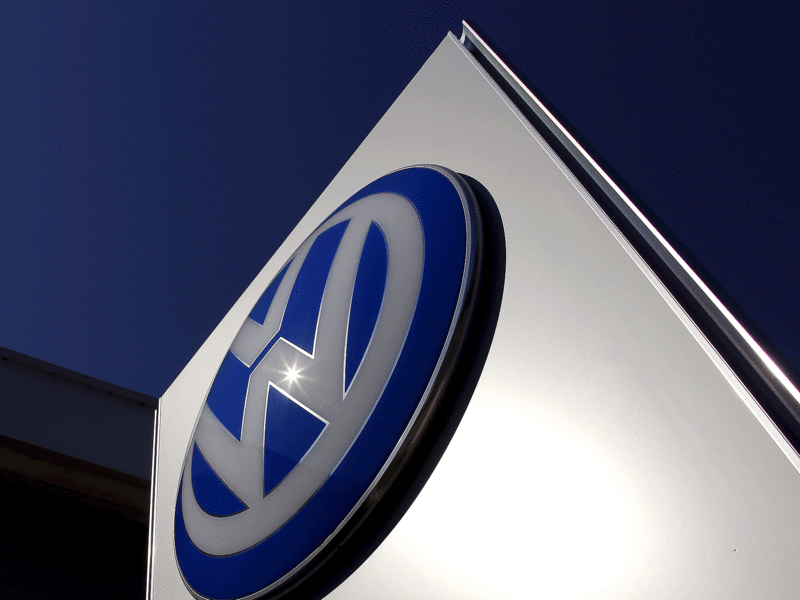
FRANKFURT — Volkswagen Group expects deliveries, revenues and margins to rebound strongly this year as the coronavirus pandemic eases, after an almost halving in profits in 2020 that was still better than the German carmaker originally expected.
The global No. 2 after Toyota Motor Corp. by cars sold, Volkswagen is spending tens of billions of euros to reinvent itself as a leader in the market for electric vehicles, where Tesla has stolen a march on established rivals.
“Last year, the Volkswagen Group succeeded in containing the effects of the pandemic on its business and laying important strategic foundations for its transformation at the same time,” CFO Frank Witter said on Friday.
Deliveries and sales, which were both hit by the pandemic in 2020, are seen up significantly this year, the company said, without being more specific. In 2020, sales fell 11.8 percent to 222.9 billion euros ($270.2 billion), while deliveries dropped 15.2 percent.
The operating margin is seen at the upper end of its 5 percent to 6.5 percent target range, Volkswagen said, up from 4.3 percent last year.
“The financial results now available are far better than originally expected and show what our company is capable of achieving, especially in a crisis,” Witter said, adding that VW plans to carry over the strong momentum into 2021.
Operating profit, stripping out special items related to the diesel scandal, fell 45 percent to 10.6 billion euros last year. VW Group’s vehicle deliveries fell 15 percent to 9.3 million in 2020.
The company cautioned that intense competition, volatile commodity and foreign exchange markets and tight supply chains would challenge its business.
Despite the 2020 profit drop, VW recommended keeping its dividend to shareholders stable for 2020 versus 2019, when it paid 4.86 euros per preferred share and 4.80 per ordinary share.
Most automakers have come through the global pandemic better than initially feared, led by a sales rebound in China.
The reprieve is proving short-lived, however. A global squeeze on semiconductors is dragging on while commodity prices such as copper are nearing all-time highs, and investors are taking a dim view of companies’ abilities to transform into nimble electric-car leaders.
The pressures are accelerating plans to reorganize. Daimler this month decided to spin off a majority of its trucks business, and VW is weighing a separate listing of its Porsche sports-car brand.
The move would be a watershed moment and help address a stubbornly low valuation that is putting VW at a significant disadvantage to rival Tesla.
VW is developing the industry’s largest fleet of full-electric cars and is significantly boosting software operations.
Bloomberg contributed to this report.

